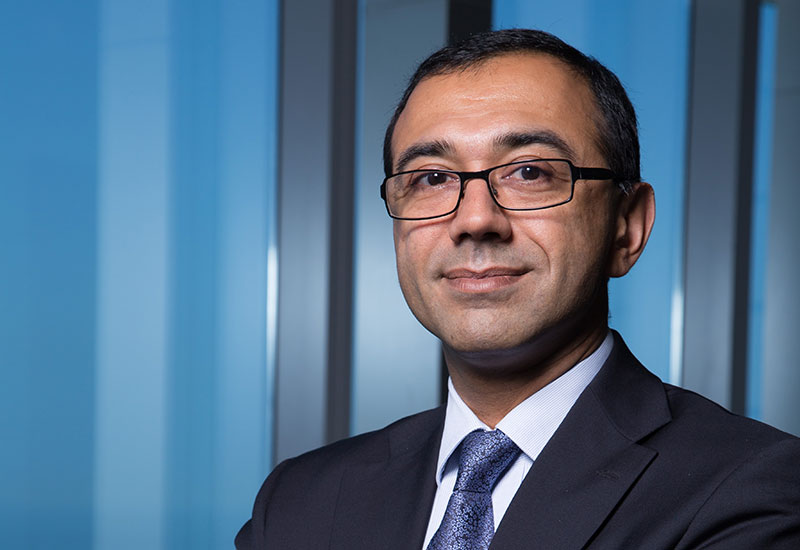Accor’s deputy CEO Vivek Badrinath reveals why the company’s new digital strategy is vital to securing loyalty, improving guest experience and competing with the onslaught of customer-to-customer platforms such as Airbnb
Vivek Badrinath joined Accor as deputy CEO to help shake up the group’s digital strategy. In his own words, “This industry has for a long time been a bit passive. For 40 years, hotel chains were focused on brands and the product and the material side of the stay.”
This passive approach, Badrinath believes, left hotels largely unequipped to deal with the onset of online bookings and metasearch engines, followed by TripAdvisor and now emerging customer-to-customer platforms, such as Airbnb.

| Advertisement |
“The first wave was the online travel agents and to a large extent they captured a big part of the value chain,” he explains.
“And then hoteliers didn’t do much about the second wave — TripAdvisor and the metasearch engines. The third wave is coming and it’s this Airbnb concept of a customer-to-customer type relationship with a platform in the middle. These are all disruptions of the business model, and that is accelerating.”
Badrinath came on board with a mandate to bring together the marketing, distribution, and IT teams to build and put in place a digital strategy that keeps pace with the “disruptions” he mentions.
He explains how the plan was designed with three targets in mind — customers, employees, and partners and owners — while addressing digital challenges in a market that he believes is defined by the accelerated pace of change.
“Since Sebastian Bazan took leadership as the CEO of the company last year, one of the major areas he felt Accor needed to focus on was digital, particularly due to the impact this has on distribution. Digital was largely seen defensively, as an issue to deal with the rise of online travel agents and the changing patterns of customer behaviour. But we felt it was more than that,” he explains.
“We start with the idea that digital is here to stay; it has a lot of impact on our customers’ lives. It has an impact on the way they behave, the way they interact, the way they make decisions, and it changes their behaviour.”
Badrinath and his team then spent the summer working on designing a strategy that started from the “dream phase” of a customer’s journey, followed by planning, booking, and the experience itself.
This was in line with his belief that both customers and staff are becoming increasingly digitally savvy.
“Technology enables you to have an easier and better travel experience. So fundamentally it’s about improving the customer experience in such a way that we are able to be with them throughout their journey and hence to be able to target them with advertisements, promotions, and information that will help them plan their next trip.
Article continues on next page ...









 Search our database of more than 2,700 industry companies
Search our database of more than 2,700 industry companies









